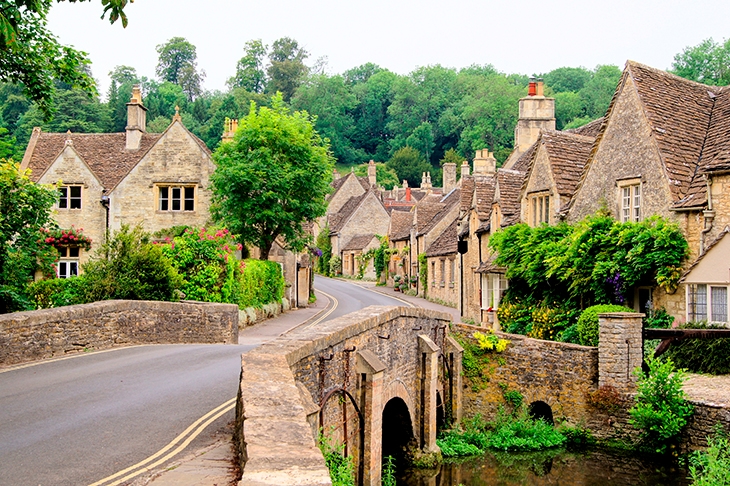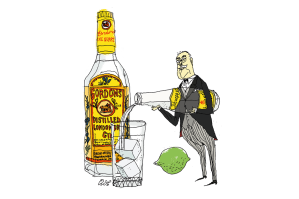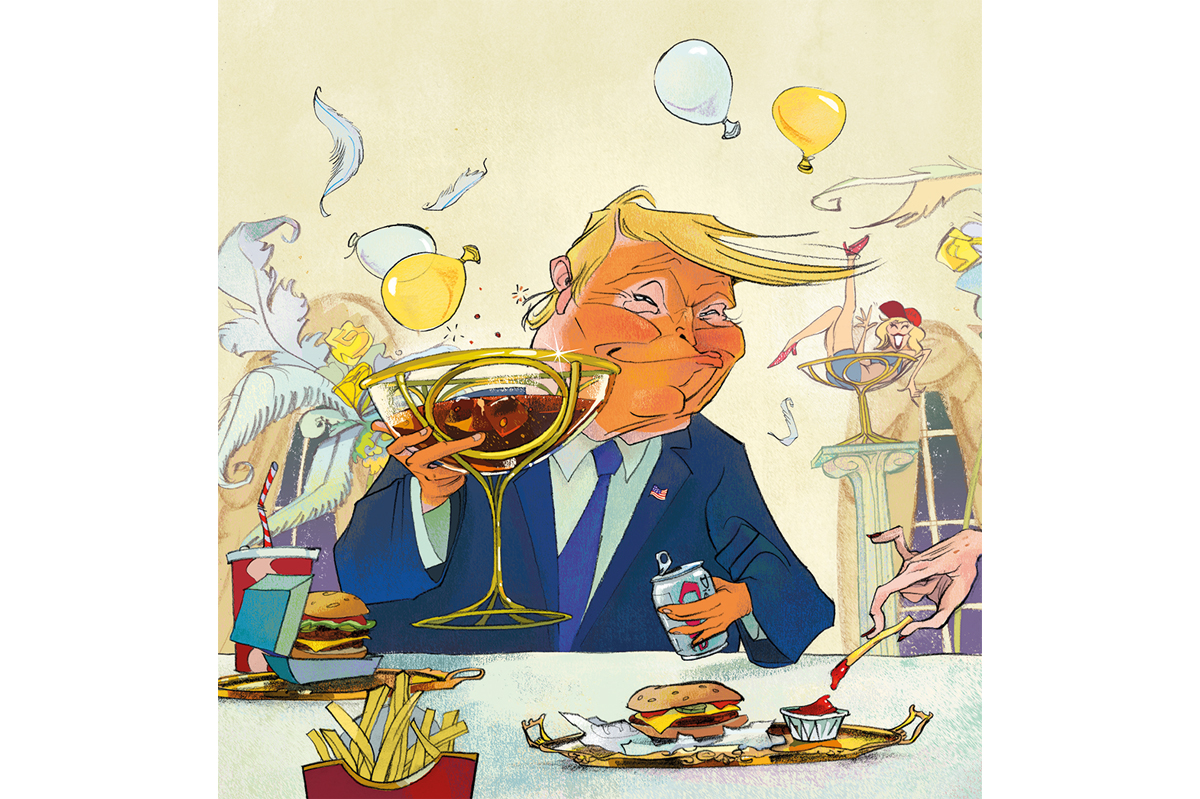It started when, the day after the announcement of some lockdown easing, I drove five miles along the coast road. For seven weeks there had been barely another car, and now it was like a normal pre-pandemic morning. Our little town was no longer deserted, and there were lines for newsagent and bank. Many holiday and second homes are apparently occupied, though no one is actually allowed to be here of course. Nevertheless, agencies are merrily advertising: ‘Come and lock down in beautiful, safe North Norfolk.’ The paths to the beaches are open again, and if the wind had not swung round to blow a vicious north-easterly they would have been crowded.
The TV news has shown packed commuter tubes and trains going into London, but it was when the Transport Secretary urged people to eschew public transport in favor of cars that a wave of misery washed over me as I realized that it’s all over. Yes, there are still things we cannot do, and I know the nation must return to work and we can’t live in a bubble for ever. But soon the clear air will be fume-filled again and the wonderful birdsong drowned out. The buzz of rush, grab a coffee, shove one’s way on to the train will return, and that strange air of timelessness and calm will be gone. As our childhood compositions so often ended: ‘I woke up and it was all a dream.’
What about the lessons we should have learned? Our appreciation of the slow life, silence, home and the easing of pressure? I feel very pessimistic and no longer believe that lockdown will have changed anything — but then, how many events actually do that anyway? The two world wars did, of course, and the assassination of President Kennedy definitely changed America, but the only one I can think of that changed the world, probably for ever, was 9/11. So the effects of COVID-19 and the lockdown will be short-lived, though the inevitable recession has already begun to bite. Everyone will have less money, many will be jobless, taxes and prices will surely rise, yet I doubt if even those things will push us back into the peace and gentleness of lockdown. It has been a different world, and though it will be wonderful for so many to get outside freely again and for everyone to be reunited with family and friends, surely we will feel sadness and regret for our weeks in yet another lost world? Or am I being too pessimistic?
For a woman whose mother covered the knives when a thunderstorm was near, turned over her money when she saw a new moon but would never look at it through glass, I am remarkably unsuperstitious. Her generation’s daily lives were ruled by irrational shibboleths, most of which have passed into oblivion. But not all. The two things I still cannot bring myself to accept are new shoes on the table and lilac blossom in the house. There are several lilac trees and bushes beside the house and this year both white and purple have flowered in profusion. Nevertheless, if I think of cutting a morsel to bring in, I shudder. It has been a Dennis Potter year for blossom. Remember his account of the plum blossom in his last television interview, when he was dying?
‘It is the whitest, frothiest, blossomest blossom that there ever could be, and I can see it…the nowness of everything is absolutely wondrous.’ And that is true all over again, even if lilac is best left outdoors.
Roy Strong once said that to stay young one should start something new every ten years, so at 50 I started a small publishing company, partly because, having long been a published author, it seemed high time I found out about the business from the other side. I’m all in favor of poachers turning gamekeepers. My literary heroine Virginia Woolf and her husband, Leonard, also started a publishing house, the Hogarth Press. They did everything themselves, including the actual printing, on a hand-press in their dining room.
***
Get three months of The Spectator for just $9.99 — plus a Spectator Parker pen
***
I don’t print or design but I have been hands-on at Long Barn Books Ltd from the beginning, publishing books by writers including Debo Devonshire, Tom Parker Bowles, Ronald Blythe, Quentin Crewe — and Roy Strong. Occasionally I have also published myself, bringing back some of my out-of-print titles and, this month, a new collection, Walter and Florence and Other Stories — not perfect timing when bookshops are closed. Still, people are reading an awful lot, and many booksellers are doing mail order. I advertise on social media, sell from my website and use a contact list extensively. To my relief, the book is doing well. Desperate times call for desperate remedies, so it is all DIY, but if I ever get tired of packing parcels I remind myself that what Virginia Woolf could do I can do — and that she, without the benefit of Sellotape, had to use brown paper and string.
A neighbor told me she will probably never go out again because she is simply too terrified. She is just 60, and in good health. I have not succumbed to fear of coronavirus but I have awful nightmares, and am permanently anxious about my family — and do you wonder? We have been systematically terrified about our age, our weight, every conceivable health issue, as well as conditioned to look upon everyone in the street, running or cycling past or in a store as a potential ‘super-spreader’. It is unhealthy, and it will be a very hard habit to break.
I have read American writers this week, including Joan Didion and Eve Babitz, but mainly the magnificent Edith Wharton again. The Custom of the Country, The House of Mirth and The Age of Innocence are all about Old New York society and if you haven’t read any yet, you are in for a rare treat. Promise.
This article was originally published in The Spectator’s UK magazine. Subscribe to the US edition here.

























